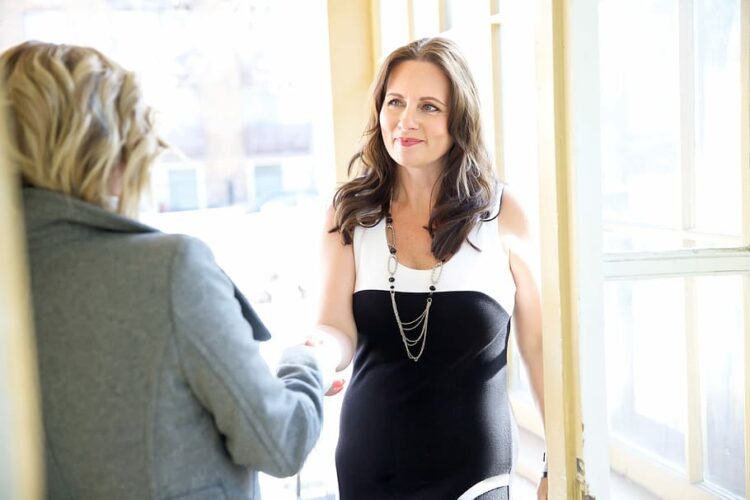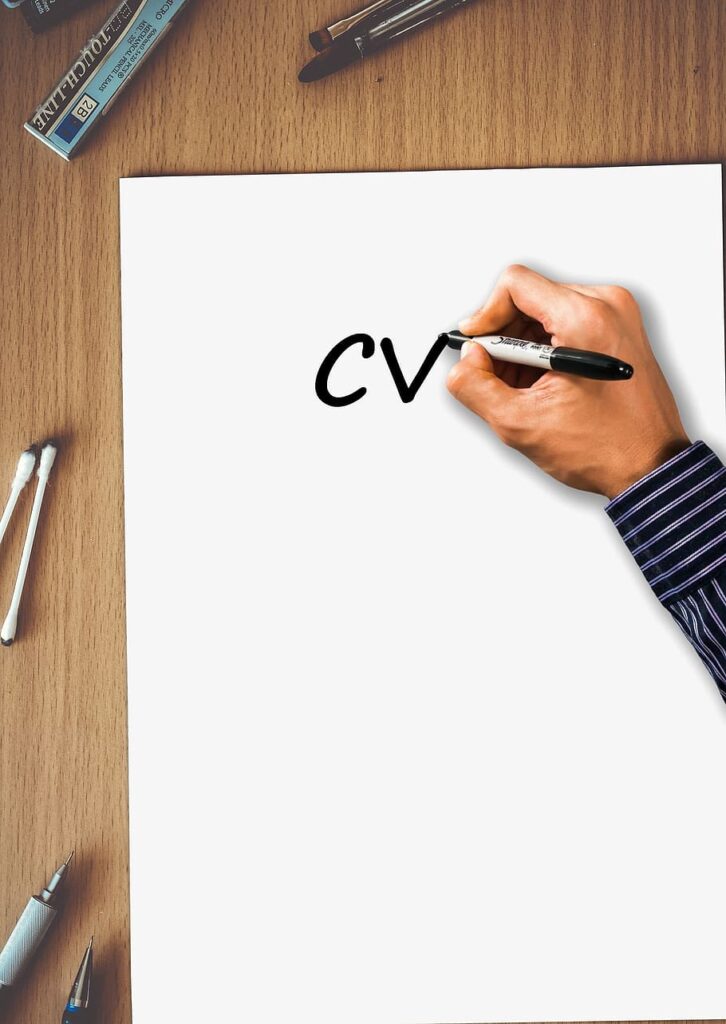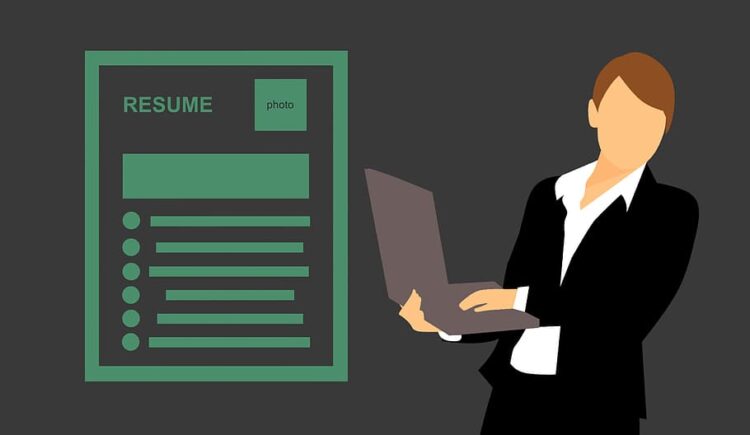Interviewing for a job can be a really stressful thing. We want to be as much prepared as possible and we want to get the job. Sometimes the presentation can make the difference between you getting the job and being turned down. Of course, your CV and your experience are the most important, but how you talk, act, and how you deliver the whole presentation will affect the interviewer’s decision.
Before the meeting, you have to rehearse what you are going to say and go over every single part to make sure there are no mistakes. Double-check the facts, grammar, and spelling, because even the smallest details can make the biggest difference.
To help you prepare for your next interview, we created this guide. Follow our tips and you will get any job you set your eyes on.
Page Contents
Time

source:pxfuel.com
The first thing you need to focus on is how long do you want the presentation to be. Experts say that you should never speak for more than 5 to 10 minutes. Everything after that will make the people on the other side of the table anxious and they may interrupt you.
Don’t share everything you know, lead them to ask you questions you are prepared for. Stay calm and if you miss saying anything during the presenting, you can return to that and explain it later in the meeting.
Message

source:pxfuel.com
What is the message you want to send? What is the point of your whole meeting? To get the job, right? But that’s not the only thing you need to focus on. Don’t talk about one thing only, say a few sentences about the subject before you start going into details and make sure you back everything up with good arguments. Make a point and be prepared for any follow-up questions.
Outline
How the whole thing looks will make the biggest difference. If you are not sure how the presentation is supposed to look, you can check some of the online templates. Websites like Templatemonster offer you a lot of different templates and themes that you can use for anything you need.
Write the outline first, make sure that there are enough new rows and that everything looks good. Have enough headlines so that people can notice the most important things even without reading the whole document. If you add pictures or graphs, make sure that everything is high definition and that everything is symmetric. The Justify option on Word is your friend, so always use it. Add bullet points and numbers to make things look better.
Research

source:pxfuel.com
Everything you say needs to be well researched and correct. You cannot put random numbers or give out random facts. The interviewers can always ask you where you got those facts from and if you just say that there are some random studies about the subject, you will look like you didn’t want to spend enough time preparing for the meeting.
You should also do a research about the company you want to work for. Learn as much as you can about it and how they handle things. The people who are going to be in the same room with you need to be researched as well. Learn their positions and why they are important in that company.
You can learn more about their interests and previous projects, and this will help you talk with them in a friendly manner or mention things that they are fascinated by. Just be careful so you don’t look like a stalker. Casually mention something that they like, without saying you Googled them.
Think about your presentation and how it would look in their eyes. Take time to combine things and make them interesting for every member of the audience.
Practice

source:pxfuel.com
Practice makes perfect, so if you want everything to go according to plan, you need to prepare beforehand. You should also talk to your colleagues who work in the same field so you can bounce ideas. Some things may seem okay to you, but they may not be perceived in the way you want them to be. Because of that, you need to have at least one other person to check everything out.
They will also help you notice any mistakes you may have made. Tell the person you are practicing with to ask you questions related to the subject so you know how prepared you are. Give yourself at least a few days before the big day, so you have enough time to make corrections or learn new things.
Plan B

source:themuse.com
Always have a plan B in case something goes wrong. You don’t have to have a second presentation ready, but have your original one in several copies. You can have it on a USB drive, but always email the final version to yourself. And don’t forget the hard copies.
In case a power outage happens, you will still be prepared and you can give the interviewers your finished document. You should also carry a watch with you. Some rooms don’t have a wall clock and checking your phone seems rude. Place it somewhere where you can look at it without looking stressed or that you are waiting for the whole thing to be over.
Do you have any tips when it comes to job interview presentation? What method do you use to show yourself in a better light than the other people? Remember to stay calm, speak slowly, and make sure every word is said clearly. If you feel stressed or if you suddenly forget what you wanted to say, take a sip of water. You will have a few seconds to compose yourself and to get your thoughts in place.
At the end of the day, even if you don’t get the job, you will have more experience and you will learn from your mistakes. Experts say that you should go to interviews even if you are not interested in the position. That way, you can practice, learn what the interviewers want and how they act. That way, when a position opens that you really want to get, you will be fully prepared. Stay calm and good luck!





